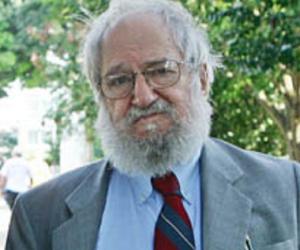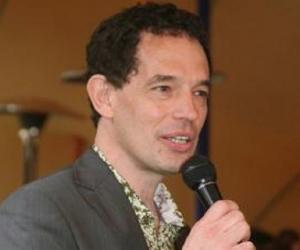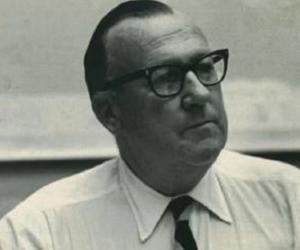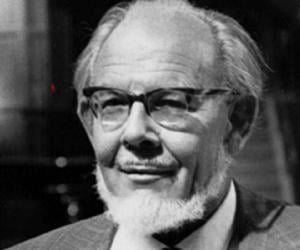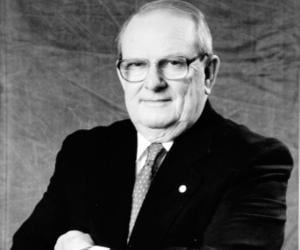1
Sydney Brenner
(Biologist)
Birthdate: January 13, 1927
Sun Sign: Capricorn
Birthplace: Germiston, Transvaal, Union of South Africa
Died: April 5, 2019
Sydney Brenner was a renowned South African biologist who, alongside two others, was awarded the Nobel Prize in Physiology or Medicine in 2002. His groundbreaking work at the Medical Research Council Laboratory of Molecular Biology in Cambridge, England, focused on the genetic code and various aspects of molecular biology. Brenner's establishment of the roundworm Caenorhabditis elegans as a model organism for studying developmental biology was a significant contribution. Additionally, he founded the Molecular Sciences Institute in Berkeley, California, demonstrating his commitment to advancing scientific research in the United States.

